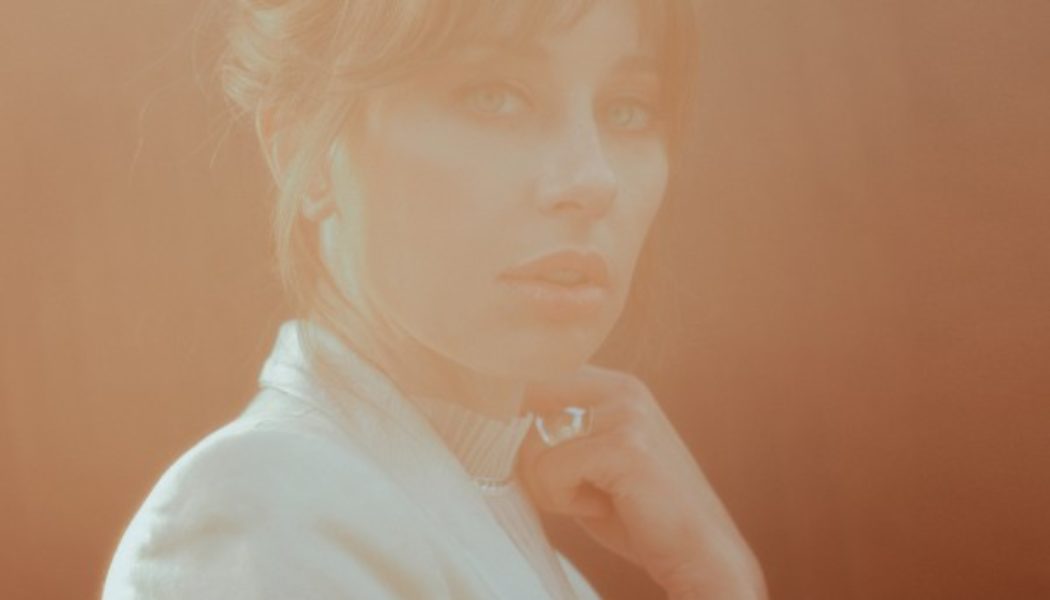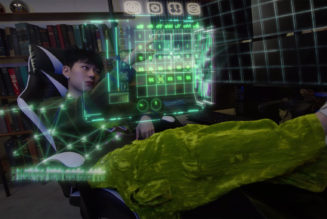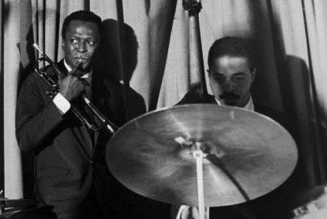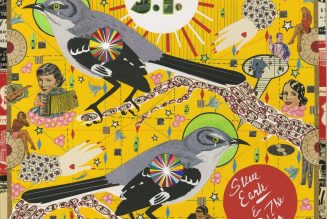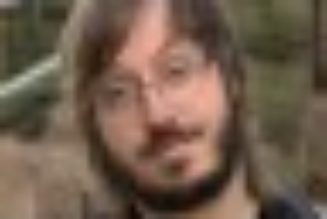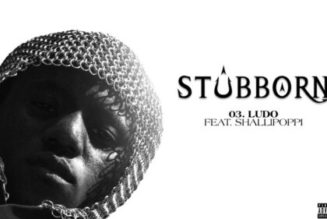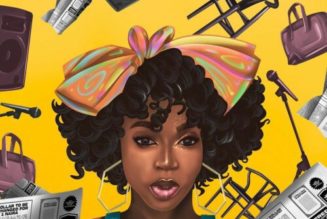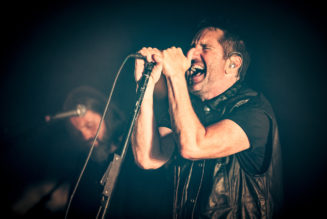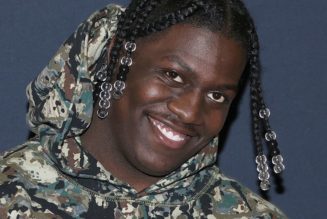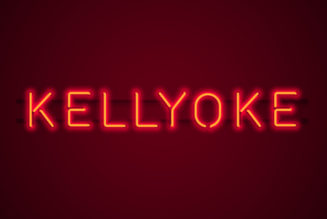Sega’s Endless Dungeon hits PlayStation, Xbox, and PC next month, and ahead of its release, we spoke with singer-songwriter Lera Lynn, who wrote new original songs that play during the game. Lynn is a musician who has also appeared in things like HBO’s True Detective series, where she played an in-universe musician at a dive bar in the show’s second season. She has experience working on music for TV, film, and now, thanks to Endless Dungeon, games.
We spoke with Lynn about the processes for creating music for these mediums, differences and similarities, the songs that appear in Endless Dungeon, and more. Enjoy our interview below!
Game Informer: How did you get involved with Endless Dungeon?
Lera Lynn: Honestly, I think some of the folks at [Amplitude Studios] were just organic fans, as strange as that may sound. And they came to me and said, “We like your music. Would you be interested in working on the soundtrack?”
And this is the first game you’ve worked on, right? How has that been?
Lynn: It’s been fun. You know, there’s always a learning curve when you’re working in a new medium, but the Amplitude team has been extremely amenable and flexible. They’ve basically given me creative rein over my contributions, and I can’t ask for anything more than that.
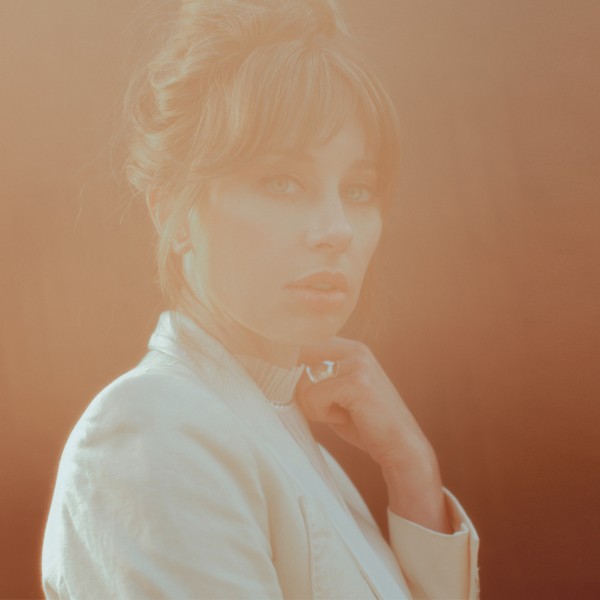
Lera Lynn
As someone who creates music on their own, what’s it like coming onto a project where there are already themes and a world and a character, and you’re tasked with writing music to fit that?
Lynn: Honestly, it’s so much easier. I do enjoy taking a little bit more time. This project is obviously such a massive undertaking, from start to finish. It’s the entirety of creating the game. I’ve enjoyed how the process has been longer and has allowed us more time to make the music what we want it to be.
When you joined this project, what kind of guidance did you receive?
Lynn: Initially, they needed the song with a trailer, and they sort of gave me the premise of the game, and they gave me a few days. That was actually the most rapid turnaround of the whole project. I wrote like half of the song because it only needed to fit the trailer, which was what, like, two minutes or so, turned that in and then went back and extended the song and made a full version. It’s been years in the making now, but one of the songs is called “The Garden,” and the prompt was “a call to action,” like a battle song, upbeat, high energy. And I knew some of the vernacular they had given me from the game so that I could incorporate that into the lyrics.
But it was also really important to me to make sure that the music was still applicable outside of the game as well, for people to just listen to, because I’m an artist first, and that’s just where my mind goes. So I took the lore of the game and tried to sort of work it into modern life and make it so that someone who knows nothing about the game could also, I don’t know, hopefully, relate to it somehow.
I was writing a lot of this during the pandemic. So now, when I listen back to the lyrics, it’s very much isolation and fear. And there are some political undertones. I think all of that is helpful for the game, but it’s just interesting to look back on it and see how that situation influenced the music, too.
How do you feel about people connecting your music to an experience they had elsewhere, like listening to a track now and remembering it from True Detective, or, one day, Endless Dungeon maybe?
Lynn: I think every single song takes on a life of its own. Even if it’s never associated with a film or TV, there’s just such an art to the life of songs, like the way that I relate to it on my own when I’m writing it versus how that changes and grows with an audience. And then obviously songs go places on their own, and end up in people’s homes and cars. I have no idea how people relate to music and how it makes its way to them, but it’s incredible. It’s really an interesting journey.
[Editor’s Note: Below is a clip from the first episode of HBO’s second season of True Detective featuring Lynn singing “My Least Favorite Life.”]
Endless Dungeon is years in the making, and you wrote music for it years ago. What’s it like as an artist whenever you have years to sit on a song? Do you look back on it later, like, “Oh, I wish I did this instead,” or anything like that?
Lynn: That’s an interesting question. When you’re in the thick of making it, you’re like, “Yeah, this is so good.” And then a couple of months go by, you’re working on it, and you’re analyzing every single detail, and you reach a point where you’re like, “Ahhh, I f***ing hate this.” You put it to bed for a while, and you don’t listen to it, and then come back maybe six months, or, you know, a year later, in this case, and I’m like, “This is actually pretty cool. I really do like this, I am proud of this work.” But that is the cycle for me with all music. I think there’s always hindsight. You always can hear areas where you would have done things differently because you’re growing and learning and getting better at what you do, hopefully, so that’s always in there. But I definitely feel like I’m very proud of this music and really excited for people to hear it.
Can you tell me about “Free Again?”
Lynn: Well, that was written in lockdown. Also, I had a newborn baby at that time. So, to be honest, it’s a bit of a blur making that. We did it really quickly. I think they wanted that song to sort of encapsulate the concept of the game in general: that you’re trying to get the space station powered and get back home and be free. You’re trapped, and you’re being chased by these monsters – it was just about trying to put that into modern adult language lyrics. Being able to relate to that so much, being in lockdown and being isolated and every day, us waking up and doing the same thing over and over again. And for Americans, things like the Black Lives Matter movement, like all kinds of things, were just getting stirred up. And it was good, but a lot of ugliness was being shown at the same time. I tried to just be a mirror and put that into music, and it’s all in there. Also, I was going through postpartum depression, and it was a crazy time. There’s a lot in that song.
What’s it like not just having songs in a game but also having a character in it as well?
Lynn: I have no idea what that’s like yet because the game’s not out. It’s going to be so interesting to see. One aspect of this that I think is amazing is that the music is diagetic. I learned this from the Amplitude team. That’s part of why the music had to be created so far in advance because the music is interactive with the players. I believe they can have the different people in the band play different things, [with] triggers for songs. I haven’t seen it in action yet, so I’m not exactly sure how that will function. I can’t wait to see that. That’s going to be incredible. And then obviously, to have an avatar like, yeah, I never, never dreamed that would happen. I don’t know if you’ve seen the live performance videos that are for “Free Again” and “In The Garden,” but I’m wearing the avatar’s costume, so it’s pretty meta.
Is it a coincidence that in Endless Dungeon you’re singing songs in the saloon, and then in True Detective, you’re singing songs in the dive bar in that season?
Lynn: Yeah, no, I only do music in bars. That’s my thing. No stadiums allowed.
You’ve been typecasted.
Lynn: Yeah, they loved that character in True Detective and wanted to inject that into the game, I think. In some aspects, yeah, you can’t help but connect those dots.
Endless Dungeon has a very Western feel to it, but it’s set in space. The two songs I’ve heard have a very Americana-style to them. Was that important to you, or did you toy around with the idea of adding more sci-fi elements to it? I can tell people performed these songs on instruments, and it wasn’t a computer or synth or something like that.
Lynn: I think that’s what makes it interesting, that sort of juxtaposition. As someone who’s not a gamer, I would expect music and games to be more synthesized and digital. So, I hope that that is an interesting juxtaposition. And then I will say that once the songs were written and recorded with a live band in Nashville, we sent them to Amplitude, and then [composer Arnaud Roy], who works on the music for Amplitude, also added a lot of game elements to tie it into that world, so that’s an interesting aspect of the production. It’s funny that you call it Americana because, to me, it’s not Americana; it’s like indie rock, but you know, I am me, so I can’t really see.
Oh yeah, I can see indie rock. I think maybe because I’m seeing this game that’s a Western and then I’m hearing indie rock with it, my mind’s going, “Okay, this is very Americana,” you know?
Lynn: Yeah, well, there’s no wrong answer. It’s interesting to hear feedback, and you’re the first person that I’ve really gotten feedback from.
Well, it’s great. I legitimately enjoy what I’ve heard so far.
Lynn: Thank you, thank you.
What do you hope players take away from your involvement – your music – in Endless Dungeon?
Lynn: I hope the music is something that they crave outside of the game as well. I hope they can relate to it on a human level and relate to it in their own lives. That’s my job as a songwriter: not to just be ambiance in a game but to create something people can sink their teeth into.
Awesome, so that’s all my questions. Is there anything I didn’t touch on that you want to add?
Lynn: I do think it’s great how Amplitude is putting women in positions of power in this game; not only in the characters, but in hiring women on the creative side. I think that’s worth mentioning because there’s not a ton of women producing music, and there’s not a ton of women producing music for video games. That’s really important.
Endless Dungeon hits PlayStation 5, Xbox Series X/S, PlayStation 4, Xbox One, and PC on October 19.
While waiting for its release, read Game Informer’s hands-on Endless Dungeon preview after checking the game out at last year’s Gamescom.
